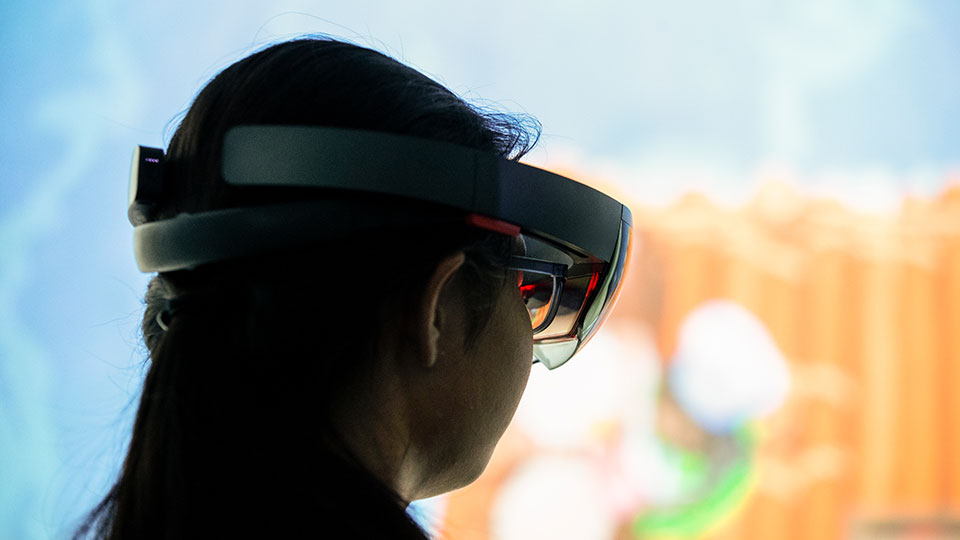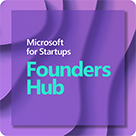Mary Spio is a deep space engineer, tech innovator, published author and entrepreneur. She served in the U.S. Air Force for six years as a wideband and satellite communications technician. After her service, she worked at a satellite communications firm and had the opportunity to design and launch satellites into deep space for NASA. She subsequently became the head of satellite communication systems for Boeing. In 2015, she founded CEEK a virtual reality platform that streams virtual events in the metaverse.
I recently sat down with Mary to understand her background and to see what advice she has for other founders.
Can you tell us a little about your background and what inspired you to found CEEK?
First off, I’m an engineer. I was the head of satellite communications at Boeing and I’ve always been fascinated by virtual reality. Back in 2015, I was trying to get tickets to a concert. At the time, it occurred to me that 10 million of us were trying to get 100,000 tickets. I asked myself, wouldn’t it be great if the 99% of us who couldn’t get a ticket had a place to go where we could replicate the energy of a live concert?
That’s fantastic. How does CEEK work?
CEEK is a streaming platform for virtual events and experiences. We primarily distribute concerts but we’re increasingly expanding into other categories including sports. Our goal is to allow creators to distribute their content and connect with fans in an immersive virtual world. What sets us apart from others in this space is distribution. Our partner Universal Music can upload Lady Gaga’s performance and have confidence that it will be available across 10 different VR headsets as well as iOS and Android. We are also using blockchain to enable creators to connect with fans via NFTs and other digital goods.
That’s amazing. How did you win that deal?
In the case of Universal Music, it was really about the strength of the technology. We were up against other companies with much higher funding but they chose CEEK because we had simply built a better mousetrap.
Do you have any examples of how people are personally experiencing CEEK?
I do. Attending virtual concerts is obviously an amazing experience for music fans. The example that touched me the most happened during the peak of the pandemic. In 2020 we noticed a spike in usage right around lunchtime. Then we started getting a lot of orders from hospitals. It turned out that a ton of frontline workers were using CEEK to decompress and relax in a virtual environment. We had a chill series that allows people to plug out, meditate and just be surrounded by beautiful scenery. That was really rewarding to know that we were supporting those who were supporting all of us.
What has your experience been like as a woman and a founder of color?
There is a frustrating pattern I have experienced with investors. They love the pitch, the global platform used by the likes of Lady Gaga, Demi Lovato and Ziggy Marley. They love that we have strong partnerships with Microsoft and Facebook. Then they say, “It’s all great but unfortunately, we don’t have a diversity fund yet.” That is frustrating. I’m a founder. You should assess my business and solution as you would anybody else. Diversity fund or not.
How do you divert that conversation?
It is a mindset. Fortunately, I think that mindset is changing. What I’ve done is bypass that process and focus on finding people who are interested in great technology. Or people who are actively reaching out and saying we want to close the gap.
My biggest piece of advice for other founders of color is to look for funds that have invested in people that look like you.
What has your experience been like working with Microsoft?
Microsoft has just been phenomenal. We are a part of Microsoft for Startups and attended several events and summits. The team has been really helpful in our blockchain development. It’s so important to see companies like Microsoft reaching out to startups like ours, making the commitment and following through.
We have had some technical issues in the past and we just send an email and are able to get on the phone with a technical expert to ensure we’re getting the most out of the platform.
I’ve noticed that some large companies bucket diverse founders and point them in a limited direction. That has not been my experience with Microsoft.











